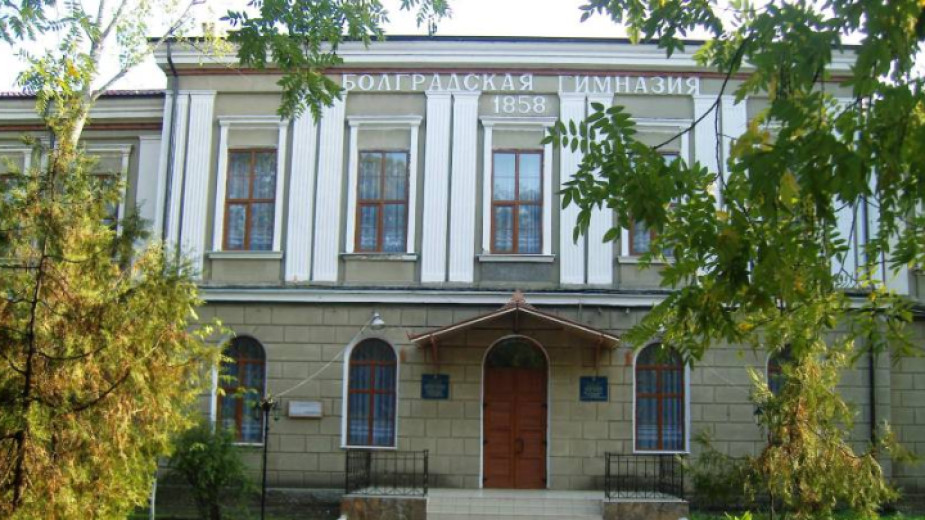 10
10
The Bolhrad secondary school, named after Bulgarian revolutionary and prominent public figure Georgi Sava Rakovski, is the first Bulgarian secondary school abroad. The school is marking its 165th anniversary. Even though the year of its foundation is thought to be 1858, it actually had its full academic year in 1859.
Unfortunately, due to the continuing war on the territory of Ukraine, some of the various events celebrating the anniversary are taking place remotely, others in-person, but only with the students and their parents in attendance. The school’s headmistress Snezhana Skoric talked to Radio Bulgaria about the challenges in teaching the children, the biggest among them being the hybrid teaching format: 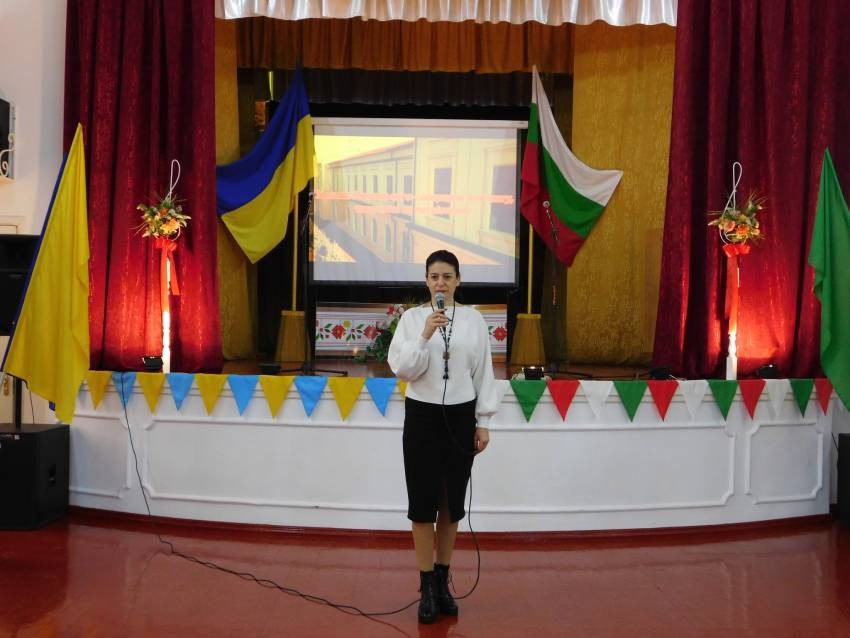
“Education at the school is in hybrid format because the bomb shelter we have at the school is not enough to hold all of the children at the same time. When there is an air raid alert we all go down to the shelter and try to continue the teaching process there. But that is very hard, so we divided the school into two parts. So, the children from 1st to 6th grade do one week remotely, and one week in attendance, for the children from the 7th to the 11th grade it is the same,” Snezhana Skoric says but adds:
“Any time now we are expecting to be issued permission to use another, additional bomb shelter which will enable the children to attend in-person.”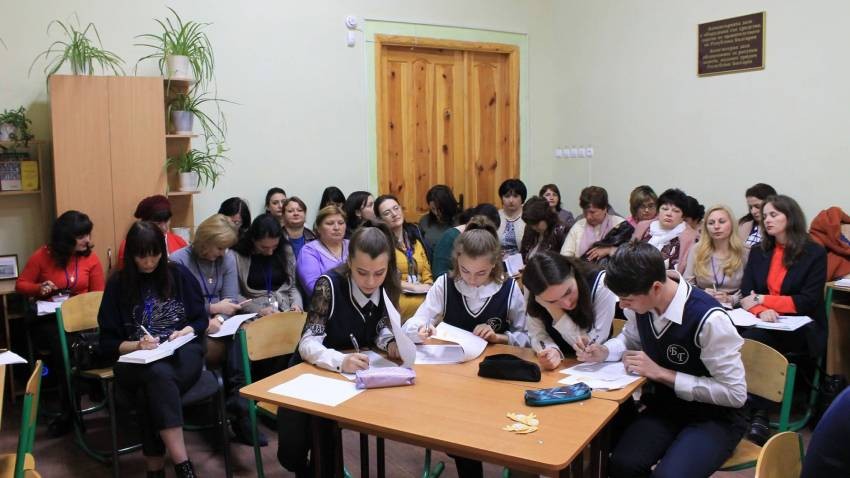
Not long ago, Mrs. Skoric was able to acquaint a Bulgarian delegation, headed by the Deputy President of the National Assembly Rositsa Kirova visiting Ukraine on the occasion of Bulgaria’s national day, 3 March, with the need to resolve, as a matter of urgency, an issue that is very important to the school:
“What we were asking was for the Bulgarian side to organize and to assist in renewing the protocol between the ministries of education of Bulgaria and of Ukraine, concluded in 2000, because the content of this protocol, issued specifically for the Bulgarian secondary school and its statute, its specific characteristics, no longer corresponds to contemporary conditions. Since it was signed there have been many changes and reforms in the system of education, and this protocol ought to be renewed,” says Snezhana Skoric and adds that it is important that the new document include several principles which will allow: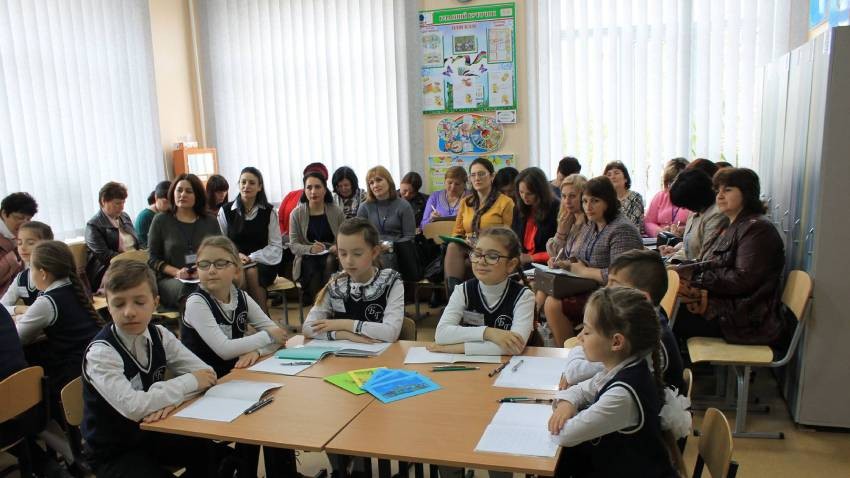
“To preserve the educational establishment which will be able to provide a full secondary education from 1st to 12th grade, with the compulsory study of the Bulgarian language in the upper grades – of Bulgarian literature and history of Bulgaria,” Snezhana Skoric says. “The school must have the support and be under the patronage of the two ministries. Every year we have delegated teachers from Bulgaria. In the period from 1996 until the war, there were always three delegated teachers working at the school. When the war started the ministry recalled these teachers, and this process has, for the time being, been disrupted. We miss these specialists and we are ready to welcome them back but in wartime that is not possible. Then the protocol should include the option of our teachers of the Bulgarian language, literature and other subjects undergoing practical training in Bulgaria.”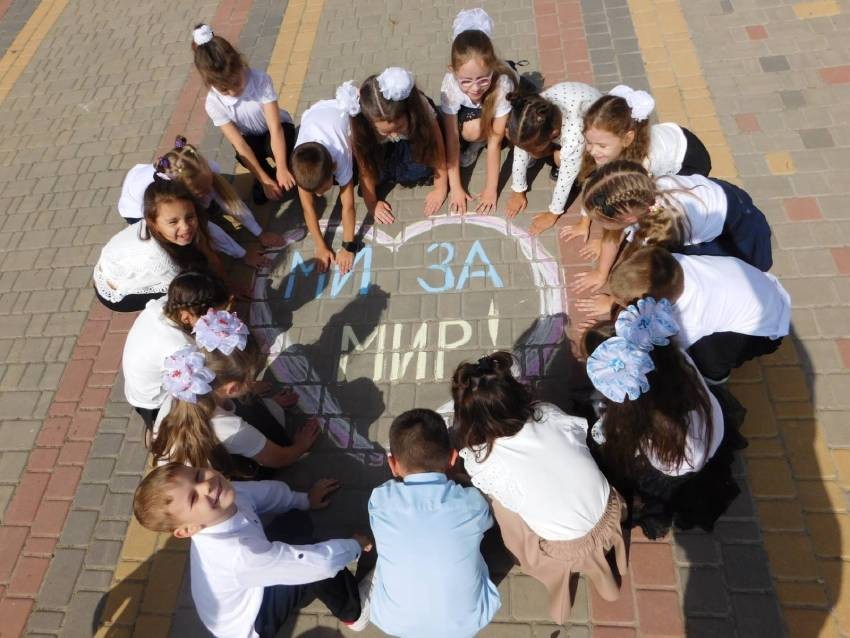
There are still quite a few blank spots in the history of the Bolhrad school connected with the vicissitudes of time that have sent this part of Bessarabia into Romanian and then into Soviet hands. Having a different “master” at different periods in time meant a lot of problems for the population, and the plunder of valuable artifacts. The school has a number of valuable books, a collection of paintings, an observatory of its own, a printing press and a boarding house where children from all over Bessarabia have lived. But, over time, all of these have been either destroyed, plundered or lost.
Translated and posted by Milena Daynova
Photos and video: Georgi Sava Rakovski secondary school in Bolhrad
Bulgaria participates in the Global Money Week initiative for yet another year. Global Money Week is an annual global awareness-raising campaign to ensure that young people, from an early age, are financially aware, and are gradually acquiring the..
Bulgaria, as distant as a mirage, has become a beloved land for a man who has never set foot in this country. For nearly 50 years, Mr Jayanta Chakrabarti has been closely following everything that happens here and probably knows more about our history and..
The Republic of North Macedonia is in seven days of mourning. The town of Kočani, where a fire in a disco club took the lives of at least 59 people – mostly young people and children, aged 14 to 25 – is shrouded in silence today. "The..
Bulgaria, as distant as a mirage, has become a beloved land for a man who has never set foot in this country. For nearly 50 years, Mr Jayanta Chakrabarti..
Bulgaria participates in the Global Money Week initiative for yet another year. Global Money Week is an annual global awareness-raising campaign to..

+359 2 9336 661
